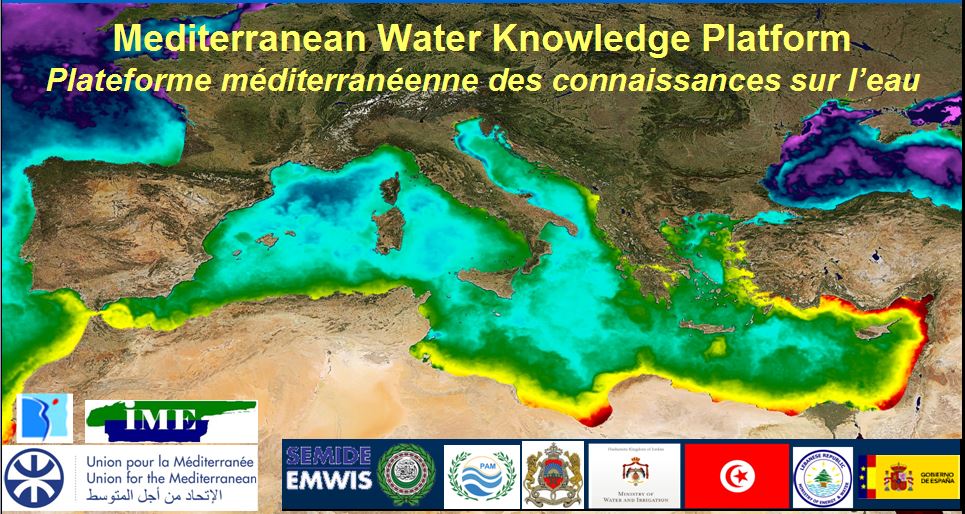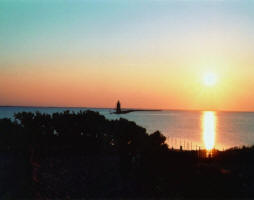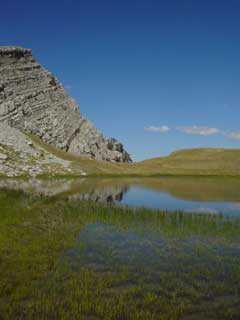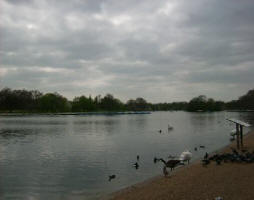|
Four new regional projects are labelled by the Union for the Mediterranean
The development of a wind farm in Jordan, the creation of a Mediterranean water knowledge platform, a capacity building programme aimed at promoting civic education in schools and a programme aimed at stimulating green industries and entrepreneurship are the four new projects recently labelled by the UfM.
The Senior Officials of the 43 UfM member countries approved the adoption of four important new projects during the Senior Officials Meeting that took place in Barcelona last 7-8 April:
Forming responsible citizens. With a special focus on the prevention of violence against girls and women, the main objective of the project is to establish schools as a main vehicle for the transmission of inclusive and sustainable development values, freedom and gender equality through the implementation of a renewed civic education curriculum. The project’s core activity is the joint analysis of the existing textbooks in Tunisian, Egyptian and Moroccan secondary-middle schools from the perspective of civic education and equality between men and women. Furthermore, it includes the production of a new, redesigned version of the present national curricula, followed by training of teachers in citizenship education and their networking on a national and regional level. The project is promoted by Ideaborn, a Spanish non-governmental organisation, in cooperation with local non-governmental organisations from Tunisia, Egypt and Morocco. It will be implemented in partnership with national education authorities from the three participating countries.
Towards a Mediterranean Water Knowledge Platform. Promoted by the International Office for Water and the Mediterranean Water Institute, the project directly aims to facilitate the production and sharing of water information to all concerned parties in six pilot countries: Jordan, Lebanon, Monaco, Morocco, Spain and Tunisia. The project will contribute towards improving dialogue and planning processes and making information more easily available to all stakeholders. In addition, data infrastructure provided by the project is likely to generate the creation of added-valued services and thus contribute to sustainable growth in the Mediterranean countries and promote investment in the region.
The ultimate goal of the Mediterranean Water Knowledge Platform will be the development of sustainable policies for integrated water resources management (IWRM) and climate change adaptation.
Med ReSCP: Post Rio+20 promotion of sustainable consumption and production patterns – with emphasis on resource efficiency – in the Mediterranean region. The overall objective of the project is to actively promote the adoption of sustainable consumption and production patterns in the Mediterranean region through a comprehensive regional approach addressing different realities and challenges faced by countries. More concretely, the project aims to provide financing access for Small and Medium sized Enterprises (SMEs) adopting Sustainable Consumption and Production (SCP) models in Egypt, Jordan, Morocco and Tunisia. It will also stimulate the development of green industries and entrepreneurship in the Western Balkans and Turkey through technical assistance and pilot projects. The project is promoted by the European Bank of Reconstruction and Development (EBRD), the United Nations Industrial Development Organization (UNIDO) with the support of the Regional Activity Centre for Cleaner Production of the United Nations Environment Programme (UNEP/MAP-CPRAC).
Tafila Wind Farm Project. The project aims to support Jordan’s renewable energy strategy by contributing to the reduction of the country’s heavy energy import dependency while developing renewable energy generation and energy security. Today, renewable energy sources in Jordan account to only less than 1% of the generated electricity in the country. Once fully developed, the Tafila Wind Farm complex will account for almost 10% of the country’s wind energy target by 2020, providing electricity via a long term contract of 20 years at a fixed price. The project will cover 3% of the national electricity demand. Moreover, it will entail significant qualified job opportunities and enhanced training capacities related to these skilled jobs. The project is promoted by EP Global Energy of Cyprus (EPGE), Inframed Infrastructure of France and Masdar Power of Abu Dhabi, and is financed by a consortium of lenders – International Finance Cooperation (IFC), Eksport Kredit Fonden (EKF), OPEC Fund for International Development (OFID), Entrepreneurial Development Bank (FMO), Europe Arab Bank (EAB) – led by the European Investment Bank (EIB).
The Secretariat of the Union for the Mediterranean will continue overseeing the development, implementation and follow-up of regional projects and initiatives with the overall goal of fostering regional integration in the Mediterranean region.
|

 you are not logged in
you are not logged in







